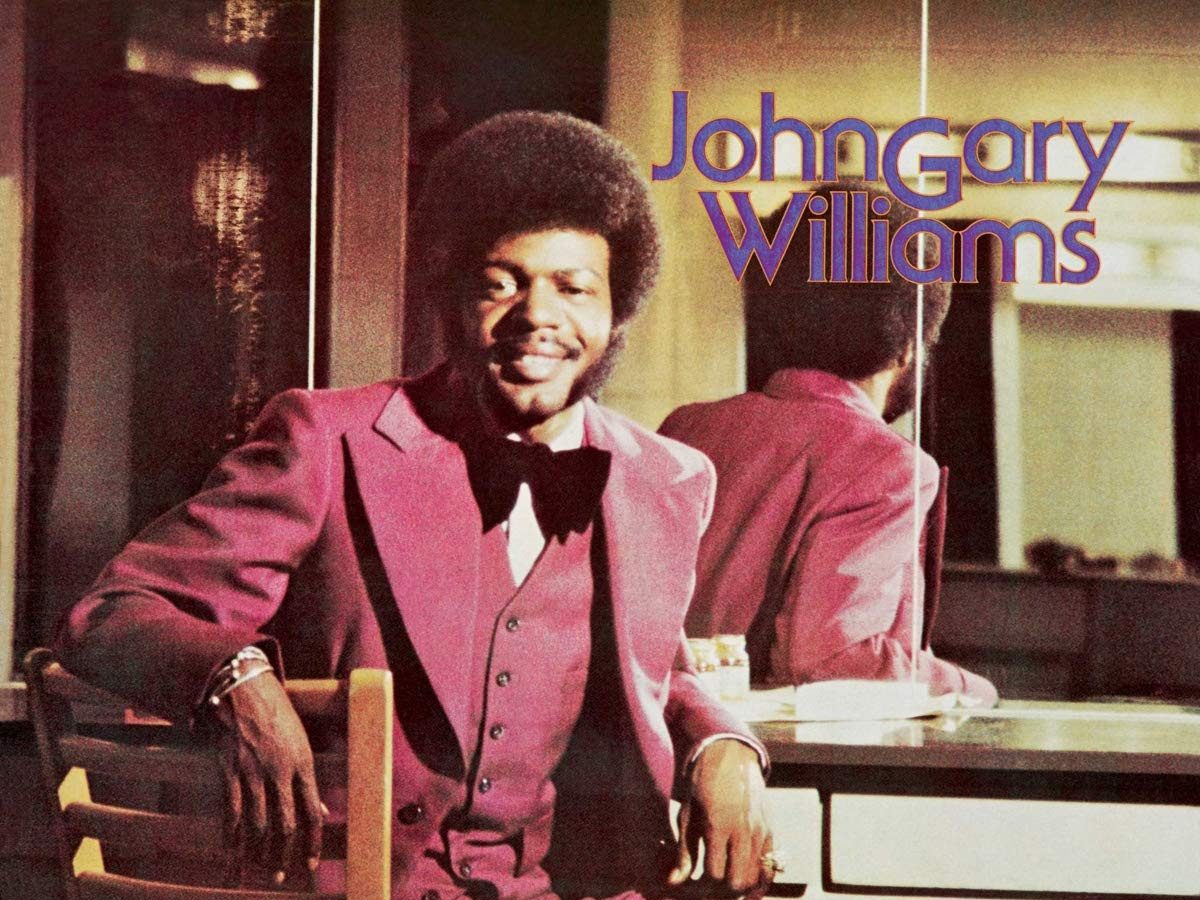Anyone who dives into Stax Records’ 1960s catalog is sure to revel in the silky sounds of the Mad Lads. Though not household names on the level of Otis Redding or Carla Thomas, they were no less at the heart and soul of Stax. Indeed, they broadened the label’s appeal, carrying the torch for a mellower vocal group sound.
Backed by friends and classmates Julius E. Green, Robert Phillips and William C. Brown III, the lead singer of the Mad Lads was John Gary Williams. And their first singles showed great promise, with the track above even breaking into the R&B charts’ top 20 of 1966.
That same year, the Vietnam War and the draft pulled both Brown and Williams out of circulation. But years later, upon Williams’ return to the group, The Mad Lads had one last chart hit with their cover of “By the Time I Get to Phoenix” in 1969.
By 1973, both John Gary Williams and Stax were considerably more politicized than the time of their first hits. In 1972, the label staged the Black Liberation-themed WattStax concert in Los Angeles, and Williams released his self-titled debut LP the next year, a changed man. His songs were about more than shopping for girlfriends. As he sang on the album’s closing track:
I believe that the whole damn world is going crazy
Look at the world, there’s not a sign of peace nowhere
(I believe that the whole damn world is going crazy)
And does anybody care? Yes, love folks do
(I believe that the whole damn world is going crazy)
All the hate, all the discrimination
(I believe that the whole damn world is going crazy)
In the Holy, Holy, Holy Land, oh, there’s a man with a gun in his hand
(I believe that the whole damn world is going crazy)
It’s something I can’t understand, love should be in demand
(I believe that the whole damn world is going crazy)
Though Stax folded in 1976, Williams continued performing through at least early 2018. But throat cancer claimed his voice soon thereafter, and, in 2019, his life.
And yet his 1973 masterpiece lives on, and only gains in reputation. Without a doubt, it’s a prime slice of the late-period Stax sound and its more ambitious string and funk arrangements — on par with works by Curtis Mayfield and Marvin Gaye from the same period.
That album, and Williams’ remarkable life immersed in early soul music, civil rights, and the war, will be the topic of the night this Wednesday, July 13, 6-8 p.m. at the Memphis Listening Lab. The space at the Crosstown Concourse has been ramping up their listening events, often featuring in-depth discussions of how historic albums were made, and this WYXR Stereo Session is no different.
The album’s producer, Willie Hall, who drummed on many Stax albums between 1968-1977, will lead the listening session and discussion, so there are sure to be many first hand accounts of what was going down on and off tape. While the event is free, the Memphis Listening Lab requests that attendees RSVP for the event.
